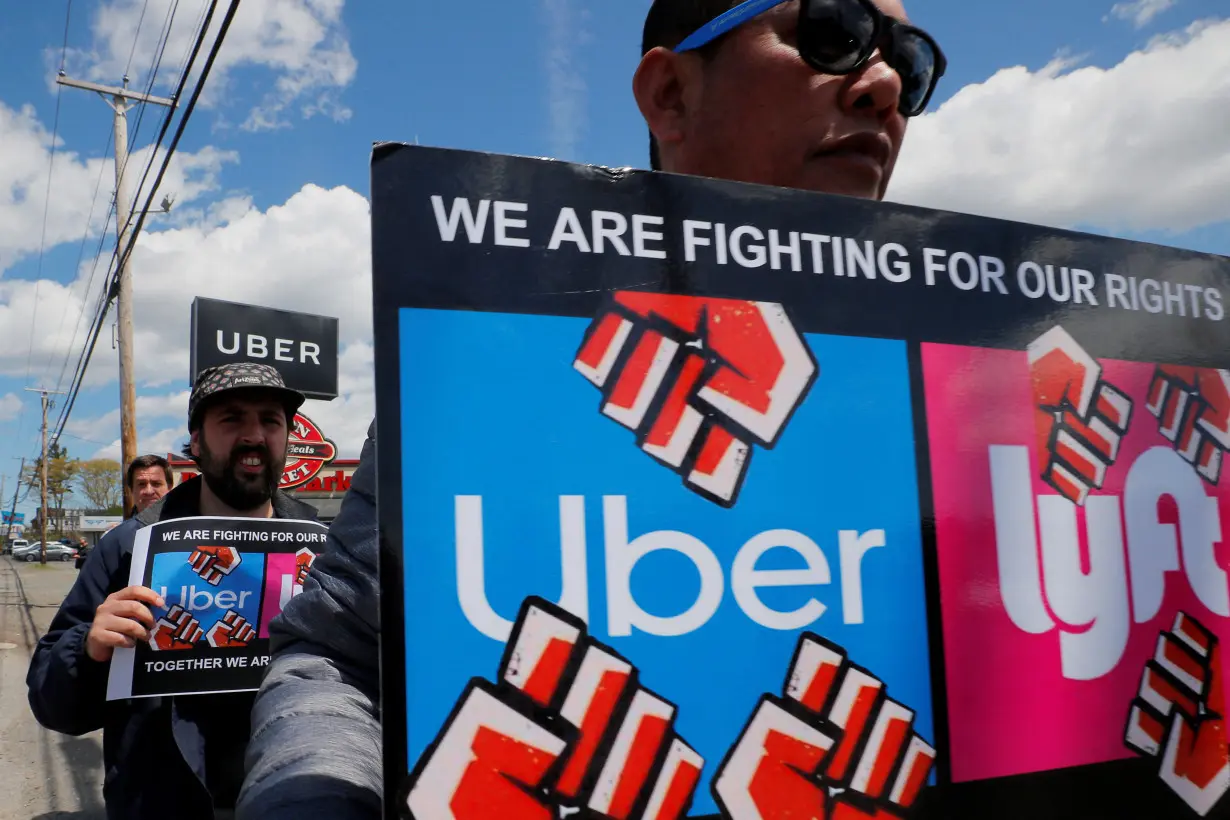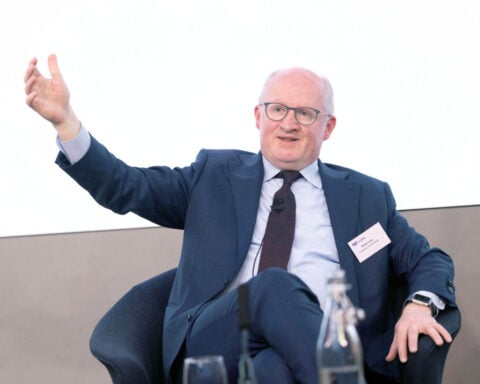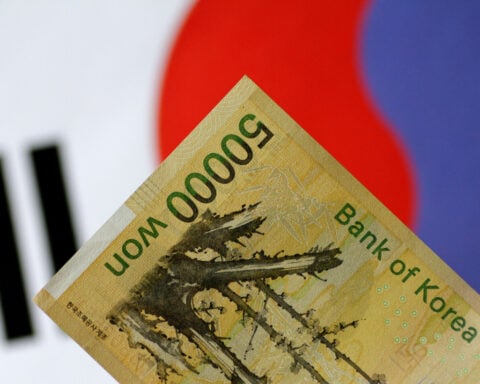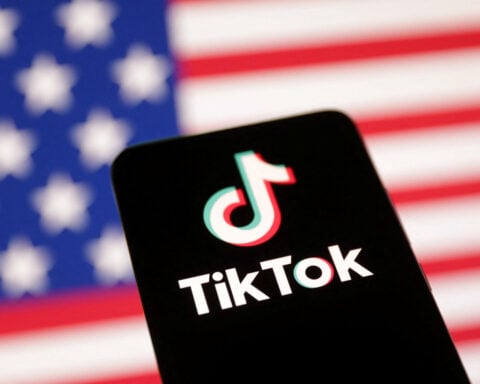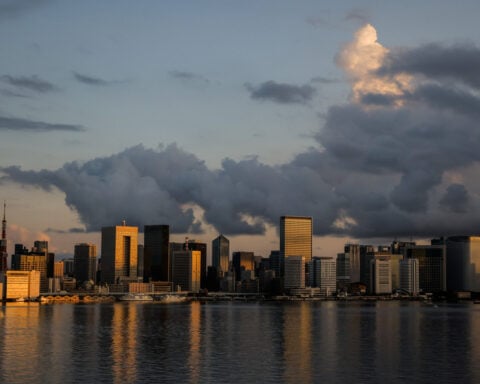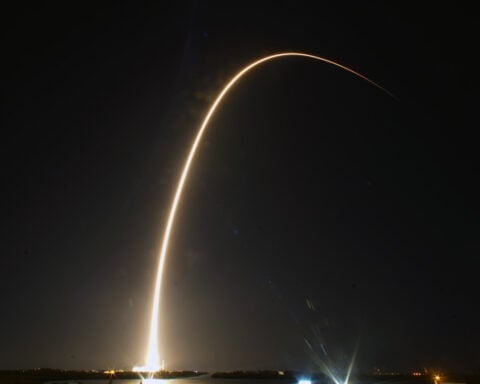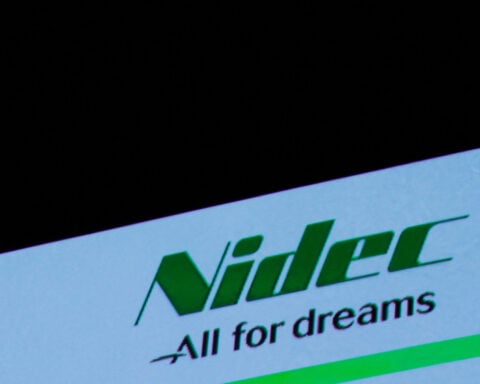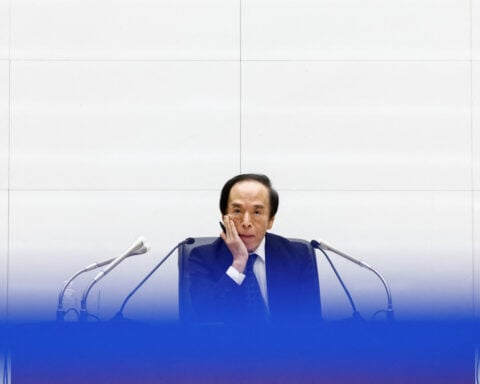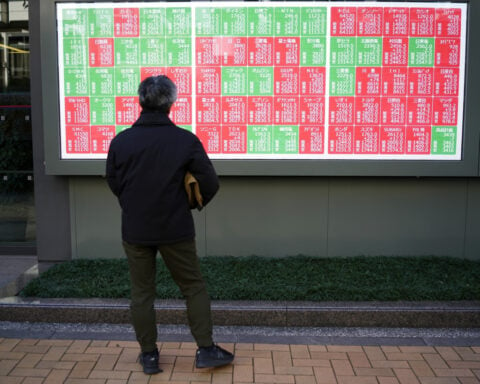By Nate Raymond and Daniel Wiessner
BOSTON (Reuters) -Uber Technologies and Lyft on Thursday agreed to adopt a $32.50 hourly minimum pay standard for Massachusetts drivers and pay $175 million to settle a lawsuit by the state's attorney general alleging they improperly treated drivers as independent contractors who can legally receive lower compensation than employees.
The companies also agreed to give drivers paid sick leave, accident insurance, and healthcare stipends and to stop funding or supporting a ballot initiative that would have asked voters in November to cement app-based drivers' status as contractors, Attorney General Andrea Joy Campbell said.
Uber and Lyft in separate statements said the agreement reflected the desire of most drivers to work on their own terms while receiving many of the key benefits that are legally guaranteed to employees.
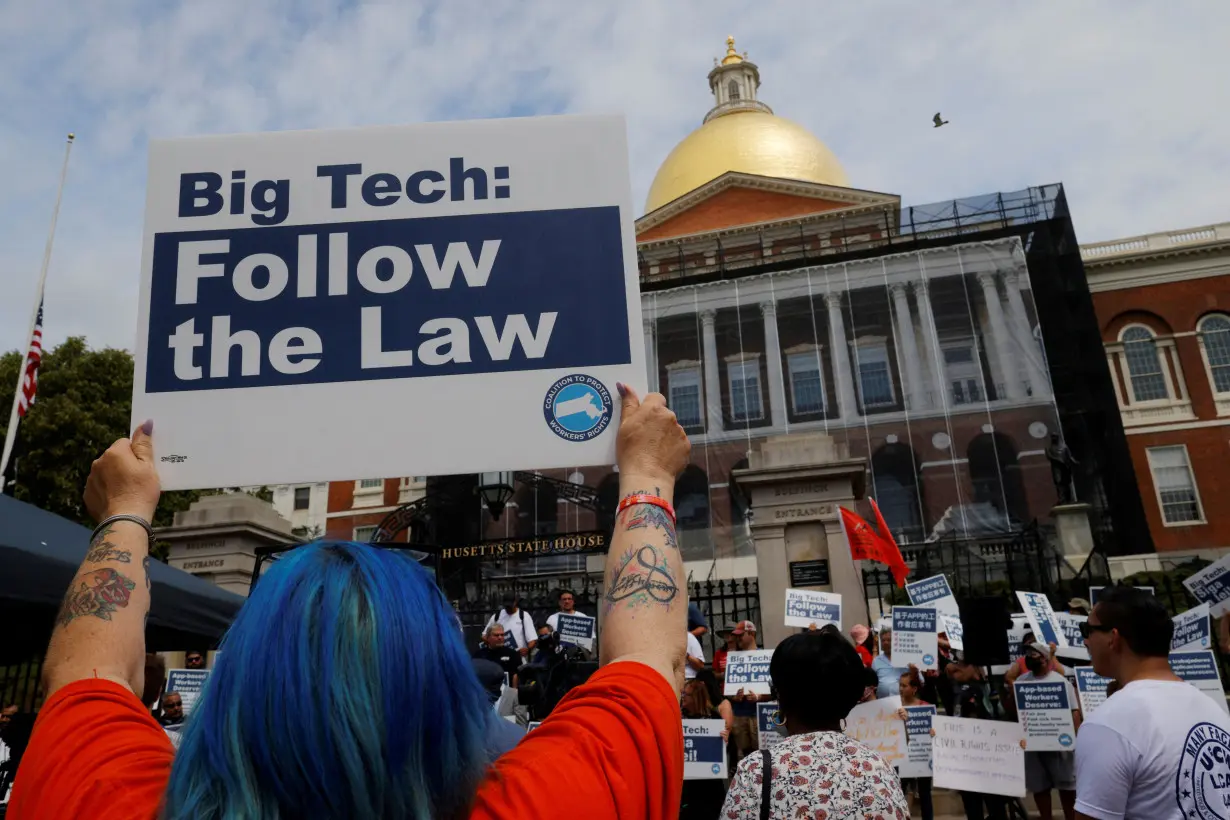
"In taking this opportunity, we've resolved historical liabilities by constructing a new operating model that balances both flexibility and benefits," said Tony West, Uber's chief legal officer.
The agreement requires Uber to pay $148 million and Lyft to pay $27 million to the state. At least $140 million will be paid out to drivers, according to a court filing.
Campbell, a Democrat, made the announcement hours after Massachusetts' top court cleared the way for voters to decide whether to approve the industry-backed ballot measure, along with a dueling labor-backed proposal to allow drivers to unionize that will continue to move forward.
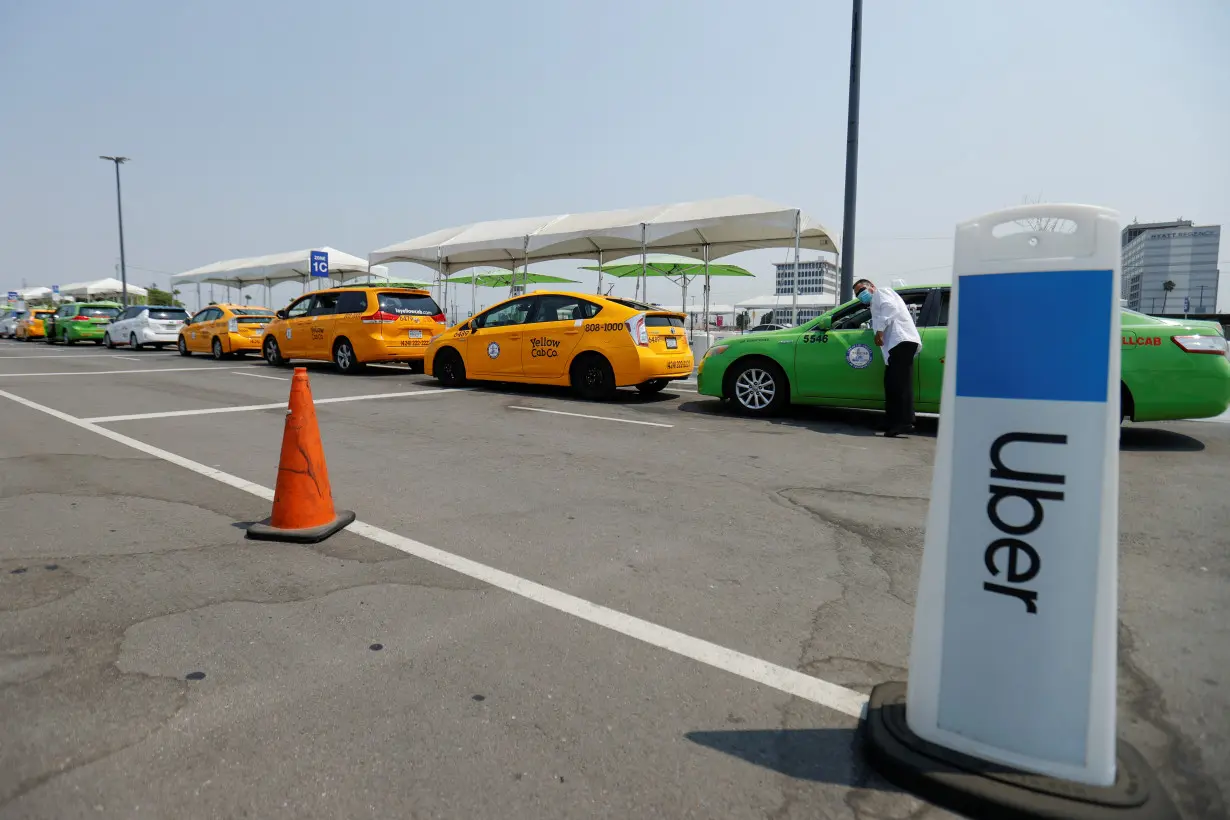
It was also the eve of closing arguments in a non-jury trial in a lawsuit filed in 2020 by Campbell's predecessor, now-Governor Maura Healey, over the status of drivers whose services have helped fuel the U.S. gig worker economy.
Campbell had been asking a judge to conclude that the state's 55,000 Uber drivers and 35,000 Lyft drivers are employees under state law and therefore entitled to benefits such as a minimum wage, overtime and earned sick time.
Studies have shown that using contractors can cost companies as much as 30% less than employees.
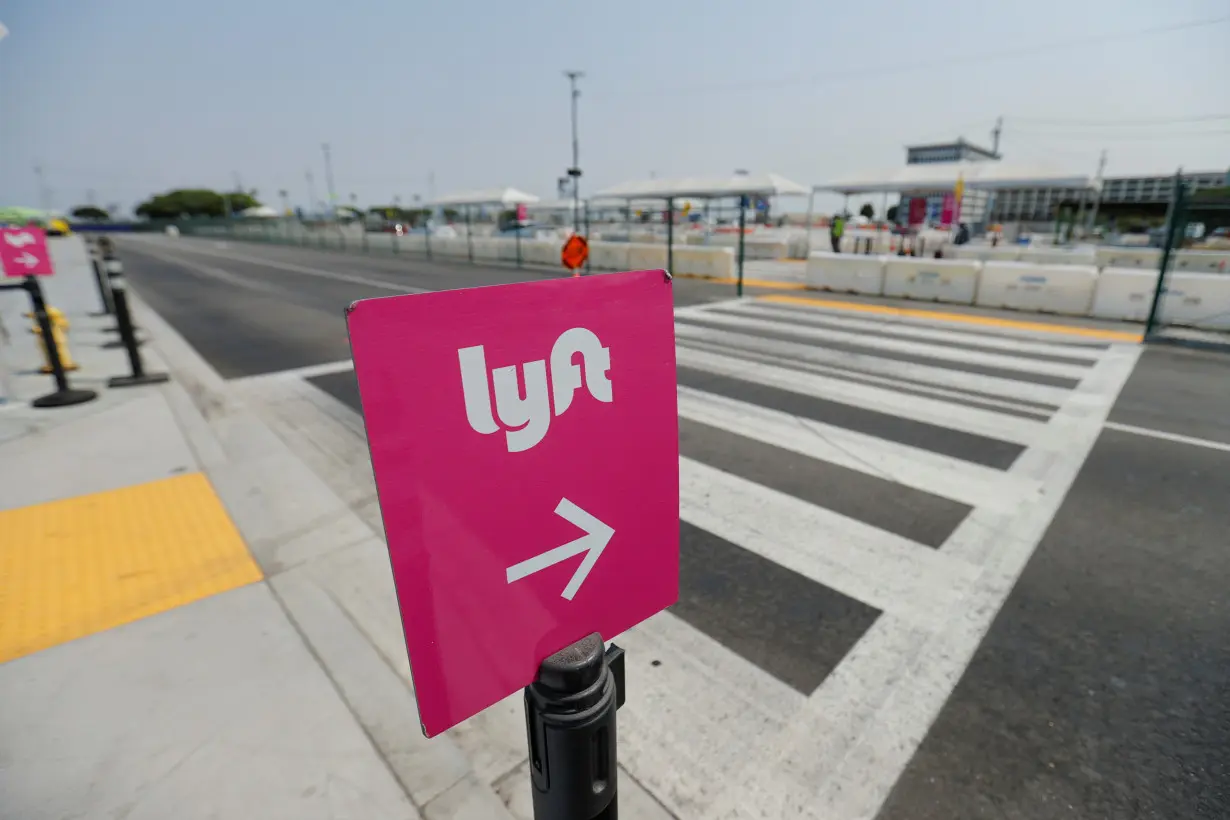
"For years, these companies have underpaid their drivers and denied them basic benefits," Cambpell said in a statement. "Today's agreement holds Uber and Lyft accountable."
The settlement provides for greater benefits and pay for Uber and Lyft drivers than provided under a similar settlement in November with New York state and under legislation signed into law in May in Minnesota.
Uber and Lyft in defending themselves at trial had argued that Campbell's office misunderstood their business models and that they could be forced to cut or end service in Massachusetts if their drivers were deemed employees.
They along with DoorDash and Instacart had financially supported Flexibility and Benefits for Massachusetts Drivers, the ballot measure committee behind the proposal to ask voters to deem app-based drivers as contractors.
The proposal had also called for providing drivers benefits similar to those in the settlement. After its announcement, Conor Yunits, a spokesperson for the industry-backed campaign, said the group will no longer be moving forward with the initiative.
The industry through a $200 million campaign had previously in 2020 convinced California voters to pass a measure similar to the one backed by the companies in Massachusetts, solidifying drivers as independent contractors with some benefits. Litigation challenging that measure is ongoing.
(Reporting by Nate Raymond in Boston and Daniel Wiessner in Albany, New York; Editing by Franklin Paul, Nick Zieminski and David Gregorio)

 Bangladesh Supreme Court acquits ex-Prime Minister Zia, clearing the way for her to run in elections
Bangladesh Supreme Court acquits ex-Prime Minister Zia, clearing the way for her to run in elections
 British author Neil Gaiman denies ever engaging in non-consensual sex as more accusers come forward
British author Neil Gaiman denies ever engaging in non-consensual sex as more accusers come forward
 A look at the events that led up to the detention of South Korean President Yoon Suk Yeol
A look at the events that led up to the detention of South Korean President Yoon Suk Yeol
 Two private lunar landers head toward the moon in a roundabout journey
Two private lunar landers head toward the moon in a roundabout journey
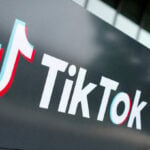 TikTok preparing for U.S. shut-off on Sunday, The Information reports
TikTok preparing for U.S. shut-off on Sunday, The Information reports
 Japan's Makino Milling requests changes to unsolicited bid from Nidec
Japan's Makino Milling requests changes to unsolicited bid from Nidec
 As Los Angeles burns, Hollywood's Oscar season turns into a pledge drive
As Los Angeles burns, Hollywood's Oscar season turns into a pledge drive
 As fires ravage Los Angeles, Tiger Woods isn't sure what will happen with Riviera tournament
As fires ravage Los Angeles, Tiger Woods isn't sure what will happen with Riviera tournament
